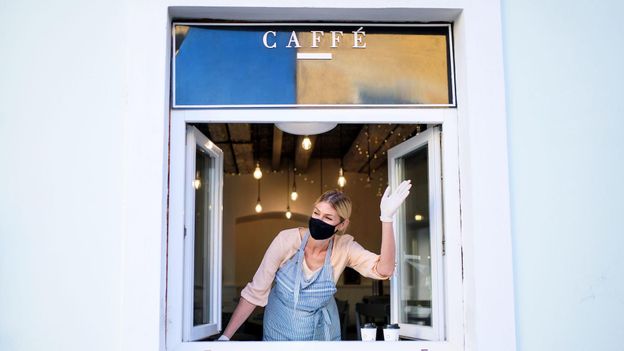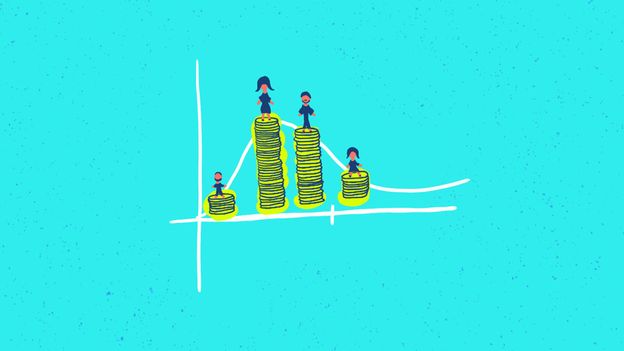For nearly 10 years, I have spent my Monday evenings attending rehearsals for my amateur choir. Mondays are not my favourite day, and I often arrive in a bad mood, but by the end of the rehearsal, I usually feel energised. The singing does me good. So do the people. With a few exceptions, I wouldn’t describe my fellow choir members as close friends; most of them, I barely know at all. We exchange brief chats, smiles and the odd joke – but that’s enough for me to come away feeling a little better about the world.
There is no choir practice now, and won’t be for a long time. I miss it. In lockdown, I don’t feel short on affection or emotional support, but I do feel short of friendly faces and casual conversations. Another way of putting this is that I miss my weak ties.
In 1973, Mark Granovetter, a sociology professor at Stanford University, published a paper entitled The Strength of Weak Ties. It went on to become one of the most influential sociology papers of all time. Until then scholars had assumed that an individual’s well-being depended mainly on the quality of relationships with close friends and family. Granovetter showed that quantity matters, too.
One way to think about any person’s social world is that you have an inner circle of people whom you often talk to and feel close with, and an outer circle of acquaintances whom you see infrequently or fleetingly. Granovetter named these categories “strong ties” and “weak ties”. His central insight was that for new information and ideas, weak ties are more important to us than strong ones.
Granovetter surveyed 282 Boston-based workers and found that most of them got their jobs through someone they knew. But only a minority got the job through a close friend; 84% got their job through those weak-tie relationships – casual contacts whom they saw only occasionally. As Granovetter pointed out, the people whom you spend a lot of time with swim in the same pool of information as you do. We depend on friendly outsiders to bring us news of opportunities from beyond our immediate circles – and so the more of those acquaintances we have, the better.













